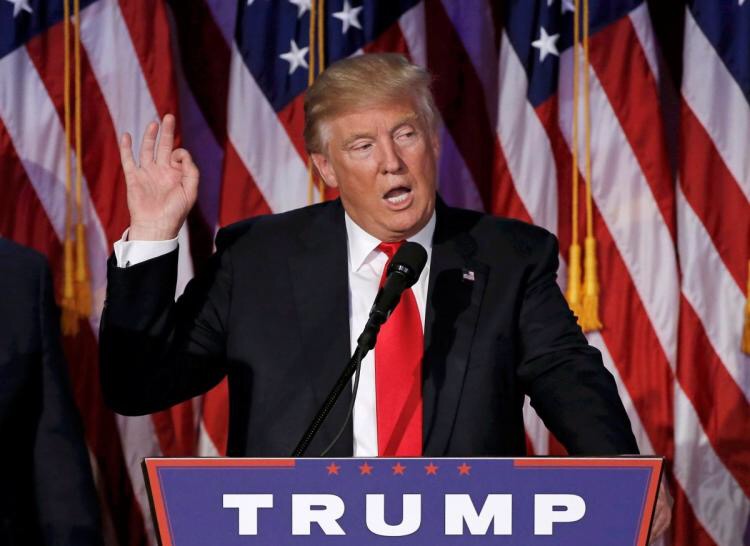

If U.S. had a parliamentary system, President Donald Trump’s coalition in Congress would consist of three distinct parties: (1) Economic Nationalists fed up with porous borders and sweeping trade pacts; (2) Conservatives and Christians who favor limited government, military strength, and religious freedom; and (3) Corporate-oriented Republicans ready to compromise on social issues and immigration.
Since all three wear a Republican label, we’ll call them factions. To win legislatively, the Trump Administration will need very strong support from at least two of those three — and no serious resistance from the one whose priorities are being diluted, delayed or denied.
Start with where all three factions are in-sync. Big changes in health insurance. Conservative judicial nominees and support for the police. Energy independence via more fracking and new pipelines. And major business tax relief including repatriation of profits from Fortune 500 subsidiaries. If Trump and the GOP-led Congress concentrated on these four zones, 2017 would be a historic year and the economy would rally.
Beyond that, critical differences take hold. Let’s move beyond “favor versus oppose.” The more enlightening question is: Which faction is excited about delivering on what issues and themes?
1. What drove the Trump Army? Evict the violent illegals, induce a lot of others to depart, and keep out undocumented saboteurs; along with “Buy American and Hire Americans,” all the better with hefty infrastructure spending. Top Republican legislators are not keen on any of that.
2. Conservatives remain solid: Reduce or contain spending on everything while also replenishing a hollowed-out military. Restore local control of K-12 governance while promoting school choice and religious freedoms. On tax changes, remember that families and small businesses have claims at least as strong as those of Silicon Valley, Boeing, and agribusinesses seeking cheap labor.
3. And the Establishment Republicans? For this faction, “excitement” is the wrong term. They measure success by moderating whatever can’t be avoided. Not just the lifestyle and moral issues, but pushing China on trade and currency issues, new spending commitments, and restricting the global autonomy of large U.S. companies. Especially in the Senate, key conservative as well as Trumpian priorities have senior Republican legislators jittery. with hefty infrastructure spending. Top Republican legislators are not keen on any of that.
https://pointofview.net/articles/trump-three-factions/






























